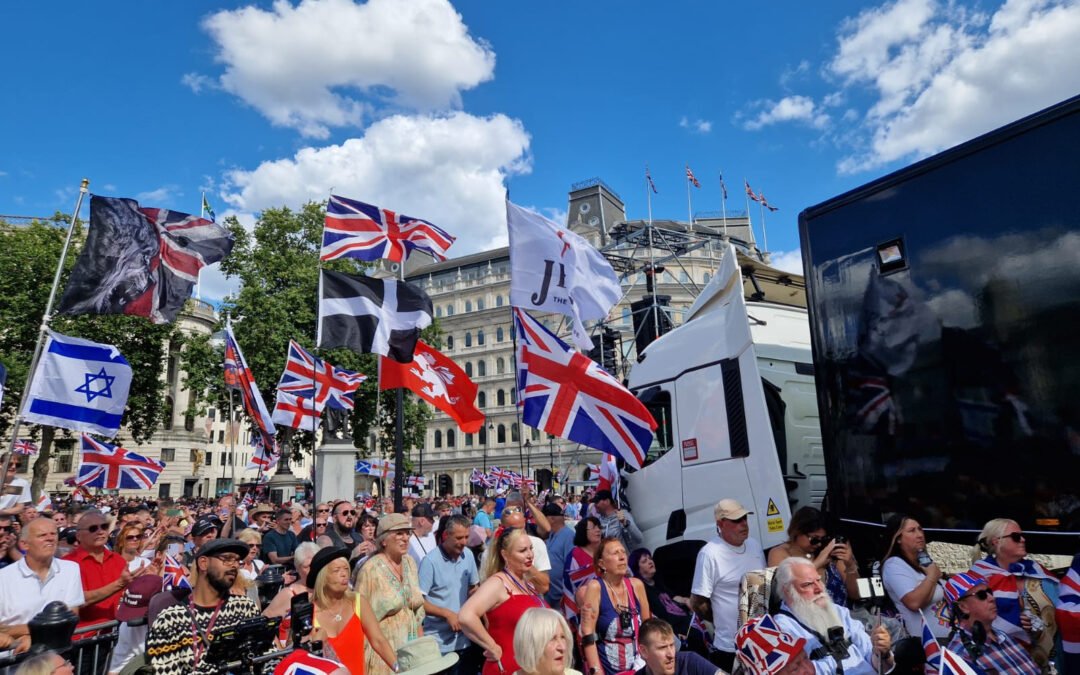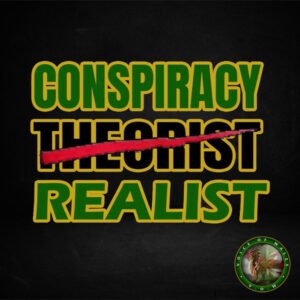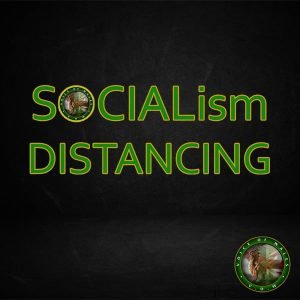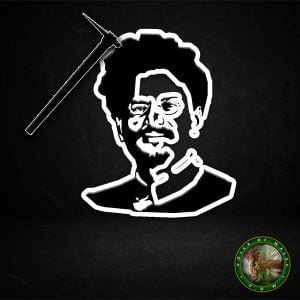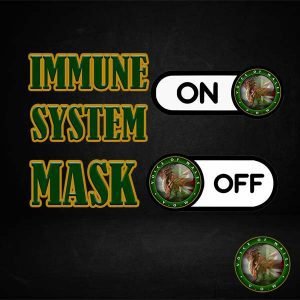The Biggest Overreach of the State: The Tommy Robinson Arrest Under the Terrorism Act
The recent arrest of Tommy Robinson, a prominent freedom activist, underscores a significant overreach of state power. The timing of his detention, a mere day after he organised a peaceful festival of freedom in central London, raises serious questions about the limits of governmental authority and the erosion of civil liberties.
On Saturday, over 100,000 people marched in the city, joining Robinson’s event to voice their demands for reclaiming their country. Millions more watched the proceedings online via platforms like X and Gettr. The festival, marked by Christian preachers, gospel singers, and international speakers, aimed to deliver a simple, yet profound message: “We Want Our Country Back.” The peaceful nature of this rally, however, was marred by Robinson’s subsequent arrest.
A post on Tommy’s X account on Sunday confirmed his detention under the Terrorism Act 2000. Kent police later elaborated, stating that a 41-year-old man was detained at the Channel tunnel in Folkestone under Schedule 7 of the Act. This law permits police to stop, examine, and search passengers at ports, airports, and international rail terminals without granting any rights to the detained. Originally designed to combat Jihadists, this law’s application to Robinson, a figure known for his peaceful activism, is a stark illustration of state overreach.
The police claim Robinson was arrested for “frustration of a Schedule 7 examination” and released on bail pending further inquiries. The ambiguity surrounding his arrest has led to widespread outrage among his supporters. Many gathered outside Downing Street on Sunday, prompted by an impromptu protest call, to demand answers and express their solidarity.
The Left wing ‘state sponsored’ Hope Not Hate group stated that Robinson “could face jail” after allegedly re-screening a documentary, Silenced, at the demonstration. This film, which first aired in the United States two years ago, contains claims that led to Robinson losing a libel case in 2021. Despite this, the film’s re-screening was used as a pretext for his arrest, adding another layer of controversy to the situation.
The Metropolitan Police acknowledged the calls for protests and emphasised that any activity must be lawful. They deployed officers to prevent serious disruption or disorder and address any incidents that might arise. The Reform UK party MP Rupert Lowe and other public figures, including X owner Elon Musk, have questioned the proportionality and appropriateness of Robinson’s arrest, calling for more transparency and details from the authorities.
The Met had prepared for the protests with about 1,000 officers deployed across the capital to maintain peace and separate left-wing anarchist and pro-globalist protesters from the freedom festival attendees. Despite these measures, at least eight people were arrested, and several emergency workers were assaulted.
The events in Southport, particularly the tragic stabbing of children, highlight the very issues that fuelled the rally’s call for reclaiming the country. These incidents exemplify the perceived failures of the state to protect its citizens while simultaneously exercising its power to suppress dissenting voices.
In the end, the question remains: who authorised Tommy Robinson’s arrest under the Terrorism Act?
This pivotal decision underscores a troubling trend of state overreach, raising alarm bells about the future of civil liberties and the right to peaceful protest in the United Kingdom.
Stan Robinson Voice of Wales




